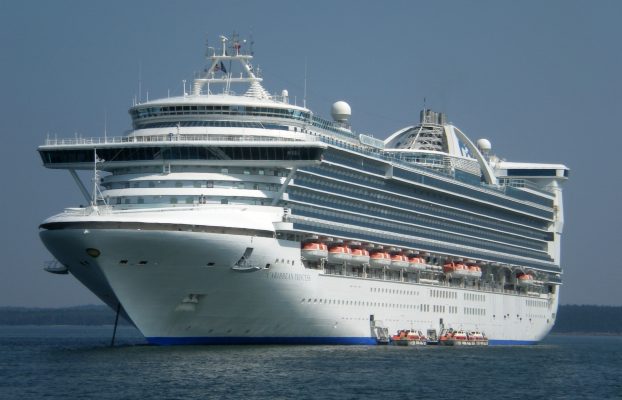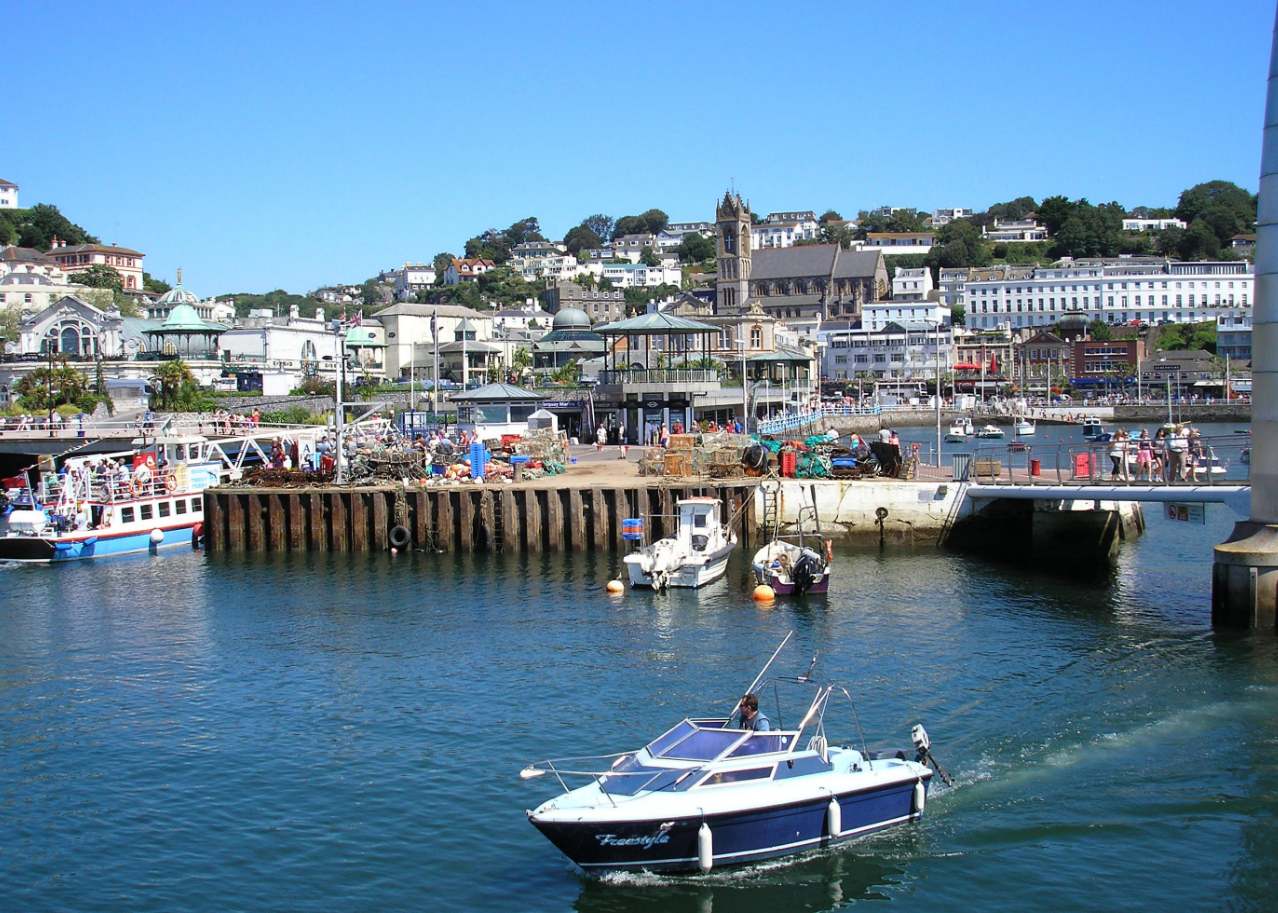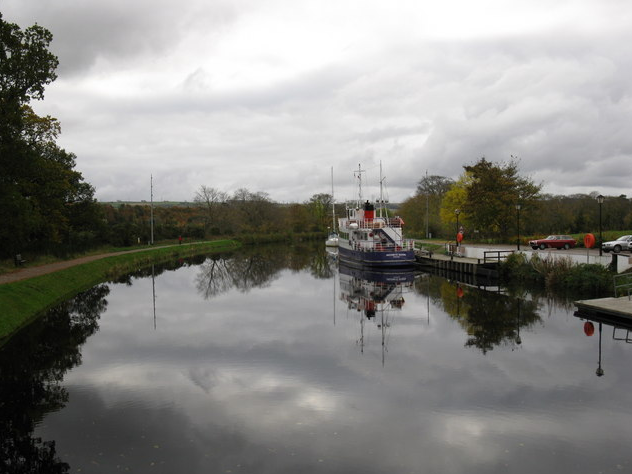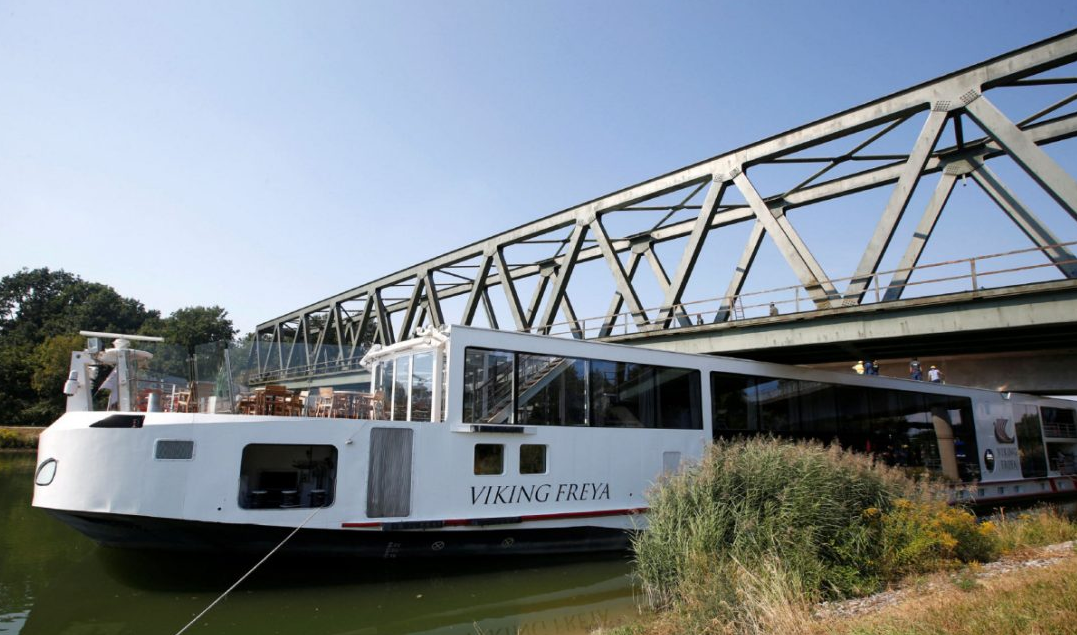Princess Cruise Lines is to pay $40 million after pleading guilty to charges relating to the illegal dumping of oil contaminated waste from the Caribbean Princess cruise ship.
The US based Princess Cruise Lines is to pay $40 million in the largest ever criminal penalty for deliberate vessel pollution, the U.S. Justice Department has said.
The company has agreed to plead guilty to seven felony charges stemming from its deliberate pollution of the seas and intentional acts to cover it up.
The charges relate to illegal dumping by the firm’s Caribbean Princess cruise ship during visits to the US ports of Florida, Maine, Massachusetts, New Jersey, New York, Puerto Rico, Rhode Island, South Carolina, Texas, U.S. Virgin Islands and Virginia.
The U.S. Justice Department also said that Caribbean Princess had been making illegal discharges since 2005, one year after the ship began operations.
This was done using a so-called “magic pipe” which bypassed pollution prevention equipment – the oily water separator and oil content monitor.
The investigation into Princess Cruise Lines was only initiated after the Maritime and Coastguard Agency (MCA) alerted the U.S. Coast Guard.
The MCA was contacted by a newly hired engineer on the Caribbean Princess, who reported that a “magic pipe” had been used in August 2013 to illegally discharge oily waste off the coast of England.
The whistleblowing engineer quit his position when the ship reached Southampton.
According to the U.S. Justice Department, the chief engineer and senior first engineer ordered a cover-up, including removal of the “magic pipe” and directing subordinates to lie.
The MCA shared evidence with the U.S. Coast Guard, including before and after photos of the bypass used to make the discharge and showing its disappearance.
The U.S. Coast Guard conducted an examination of the Caribbean Princess upon its arrival in New York City, New York, on 14 September 2013, during which certain crew members continued to lie in accordance with orders they had received from Princess employees.
According to papers filed in court, approximately 4,227 gallons of discharge was dumped 23 miles off the coast of England, within the country’s Exclusive Economic Zone.
At the same time as the discharge, engineers simultaneously ran clean seawater through the ship’s overboard equipment in order to create a false digital record for a legitimate discharge.
Caribbean Princess used multiple methods over the course of time to pollute the seas, said the U.S. Justice Department.
In addition to the use of a “magic pipe”, the U.S. investigation uncovered two other illegal practices which were found to have taken place on the Caribbean Princess as well as four other Princess ships – Star Princess, Grand Princess, Coral Princess and Golden Princess.
One practice was to open a salt water valve when bilge waste was being processed by the oily water separator and oil content monitor.
The purpose was to prevent the oil content monitor from otherwise alarming and stopping the overboard discharge. This was done routinely on the Caribbean Princess in 2012 and 2013.
The second practice involved discharges of oily bilge water originating from the overflow of grey water tanks into the machinery space bilges.
This waste was pumped back into the grey water system rather than being processed as oily bilge waste.
Neither of these practices were truthfully recorded in the oil record book as required.
All of the bypassing took place through the grey water system which was discharged when the ship was more than four nautical miles from land.
Princess Cruise Lines is a subsidiary of Carnival Corporation (Carnival), which owns and operates multiple cruise lines and collectively comprises the world’s largest cruise company.
As part of the plea agreement with Princess, cruise ships from eight Carnival cruise line companies – Carnival Cruise Line, Holland America Line N.V., Seabourn Cruise Line Ltd. and AIDA Cruises – will be under a court supervised Environmental Compliance Program (ECP) for five years.
Princess said it has undertaken remedial measures in response to the government’s investigation, including upgrading the oily water separators and oil content monitors on every ship in its fleet and instituting many new policies.
Barge skipper fined for dumping rubbish at sea
Mark Tamburrano, who skippered the Beta barge, was seen throwing rubbish into the sea close to shellfish beds in Torquay…
Video: Cruise ship’s wake damages marina in Sicily
An investigation has been launched after the release of video footage showing the wake of the Carnival Vista cruise ship…
Cruise ship owners fined after crew member loses her leg
The owners and master of the Loch Ness cruise ship, Jacobite Queen, have been fined after a crew member lost…
Two dead after river cruise ship hits a bridge in Germany
Viking Cruises says its staff are "heartbroken" after two crew died when the Viking Freya's wheelhouse hit a bridge in…







